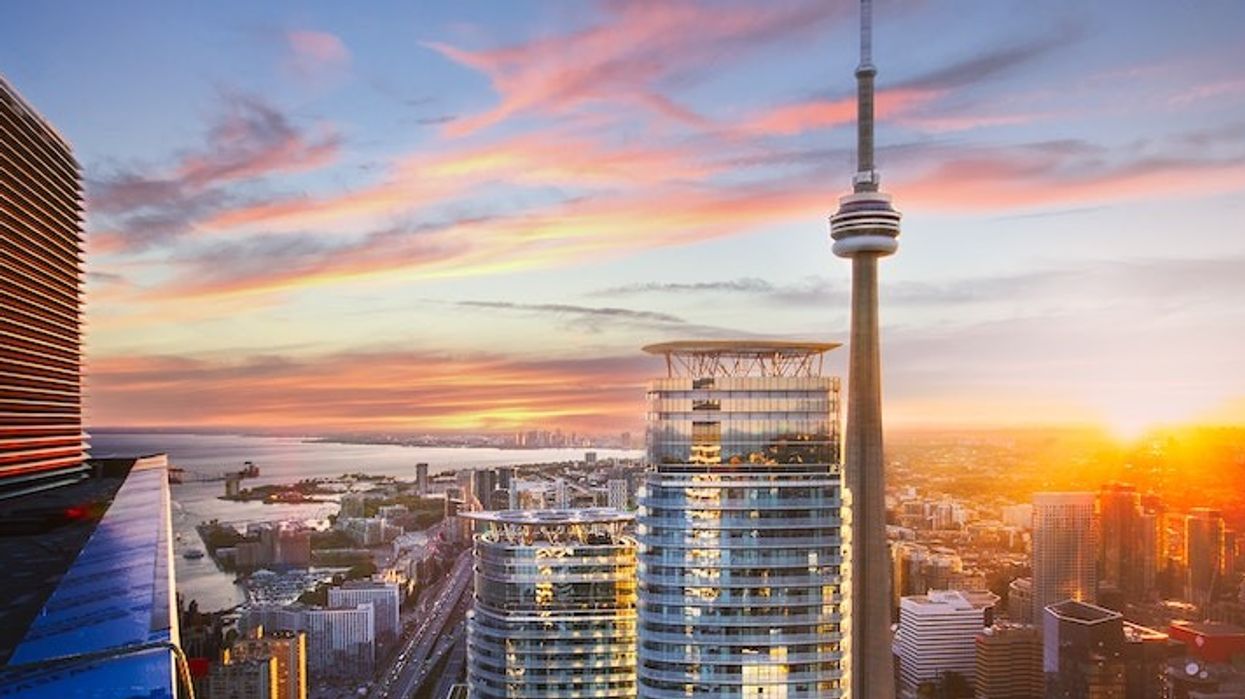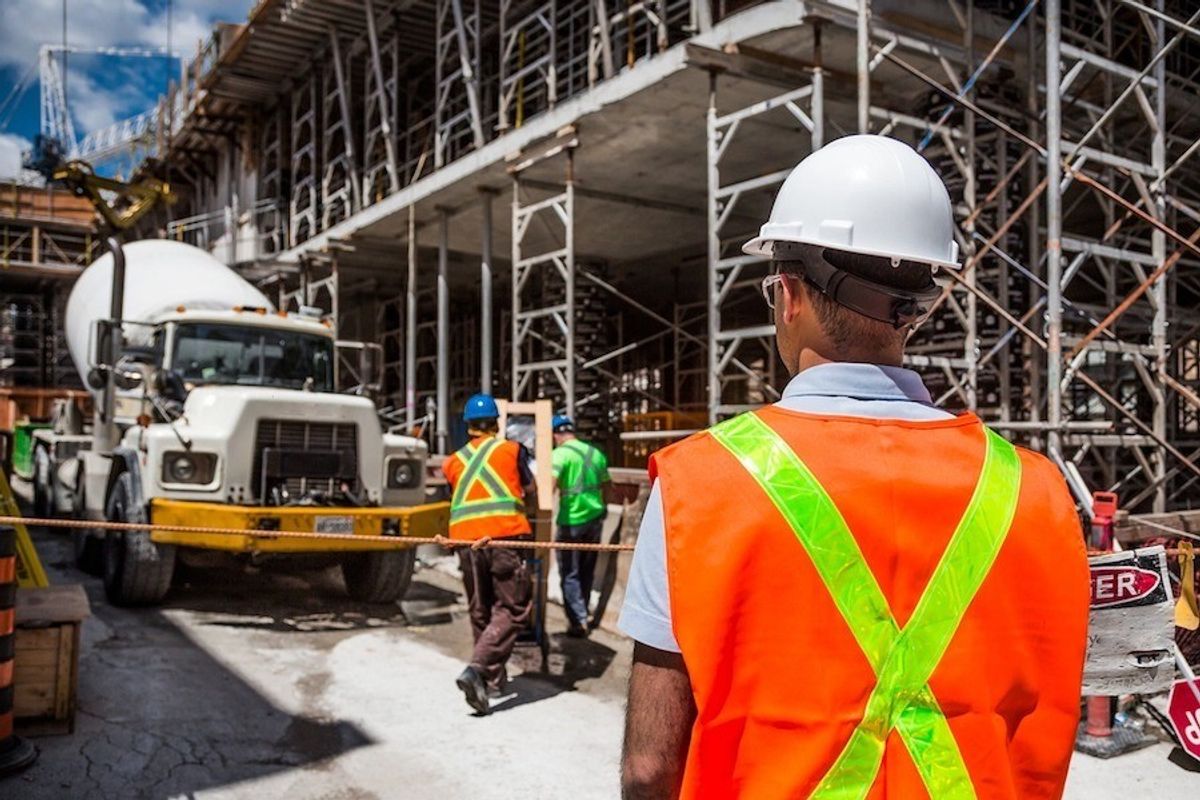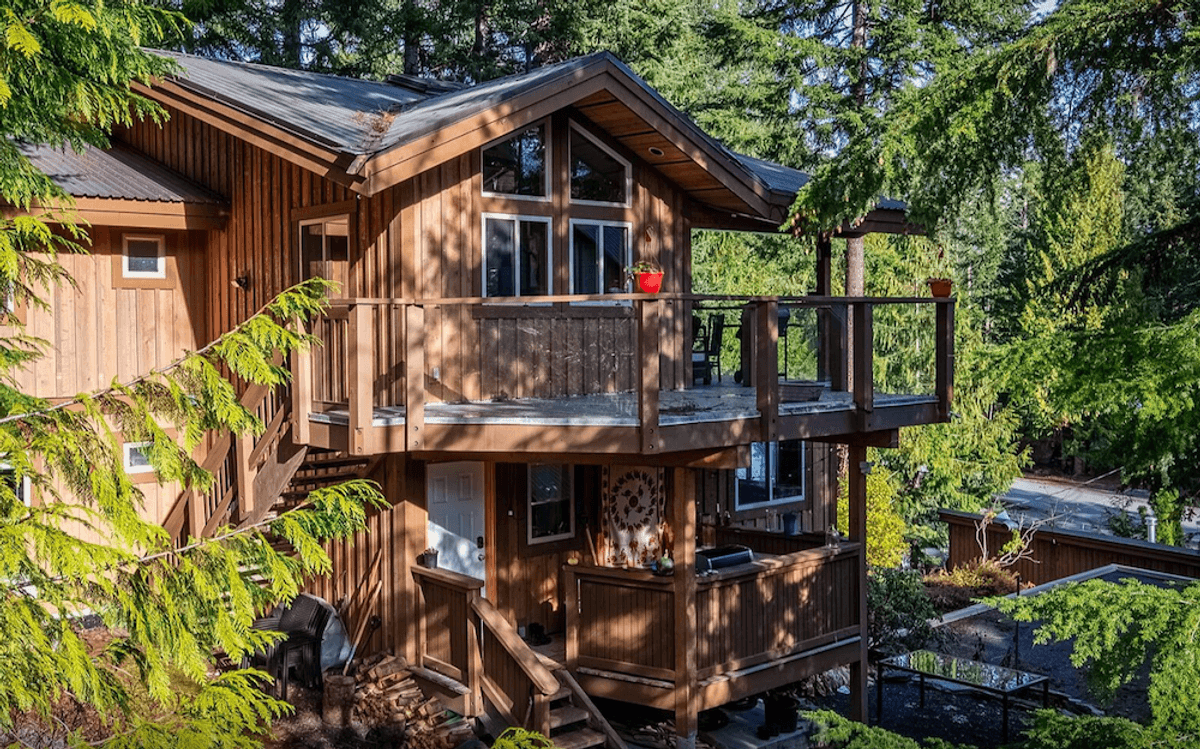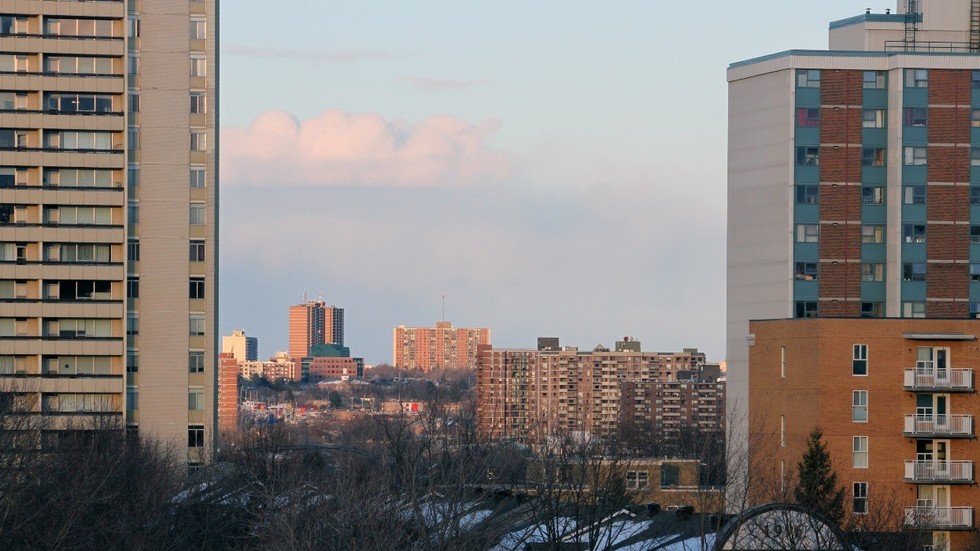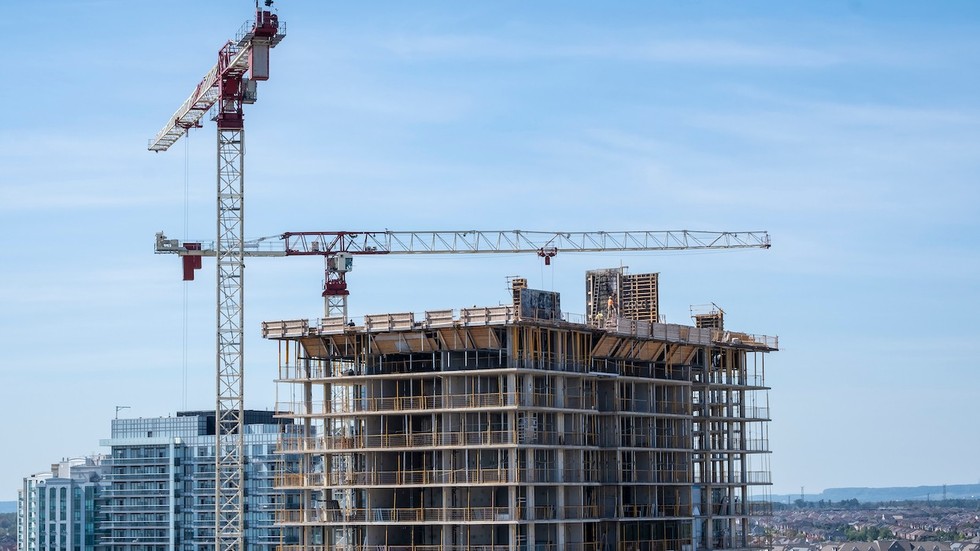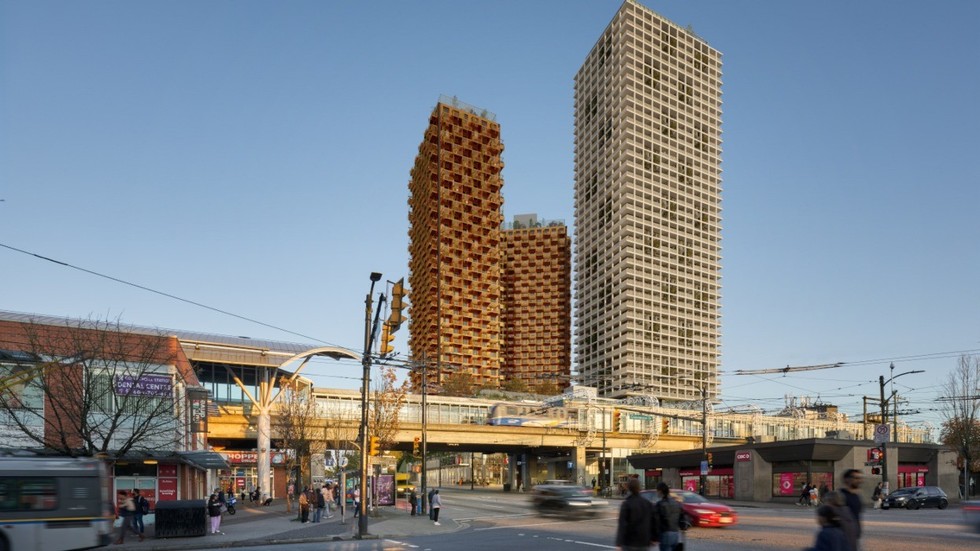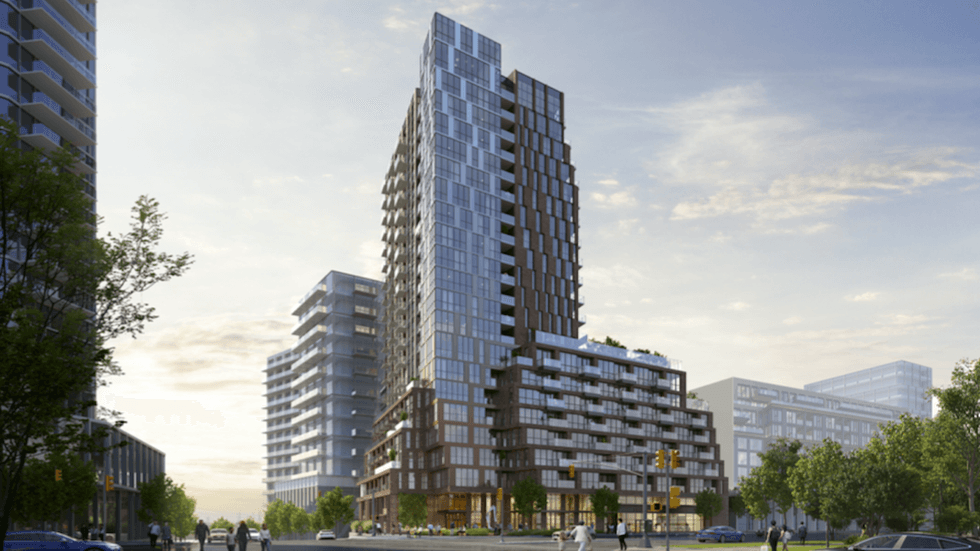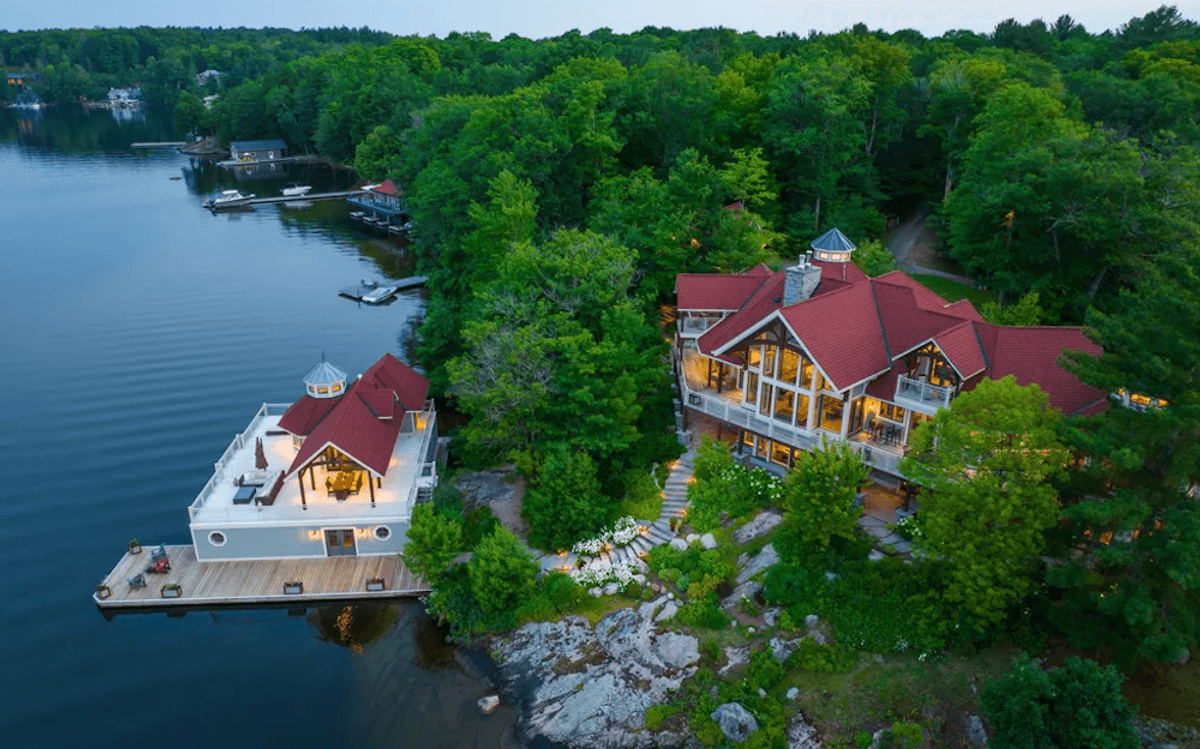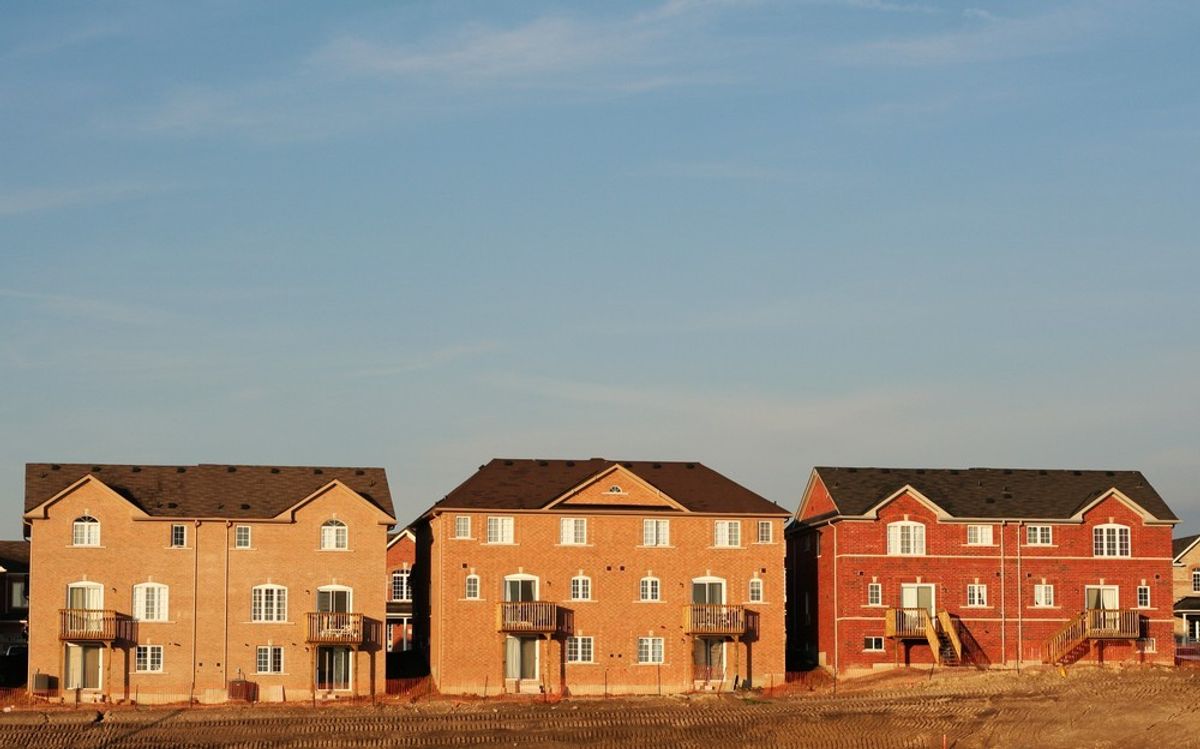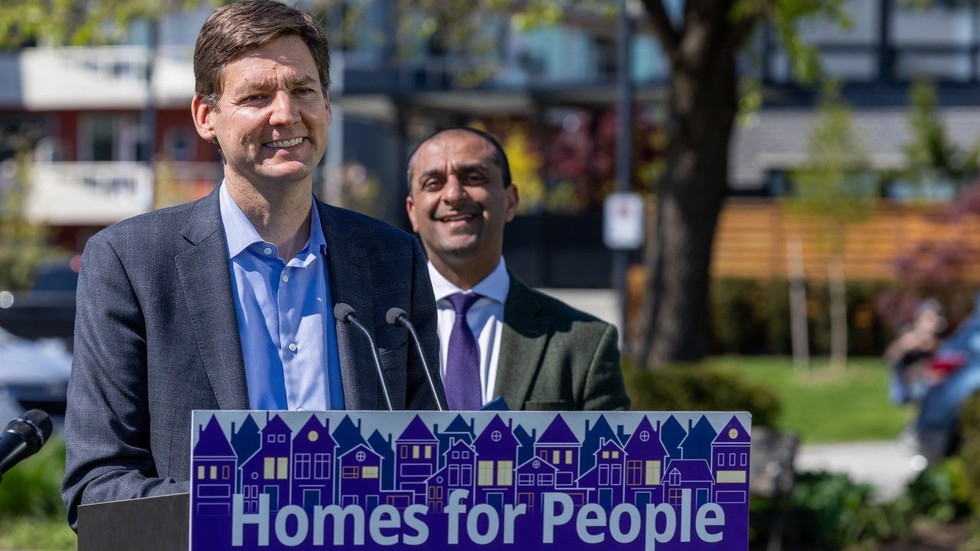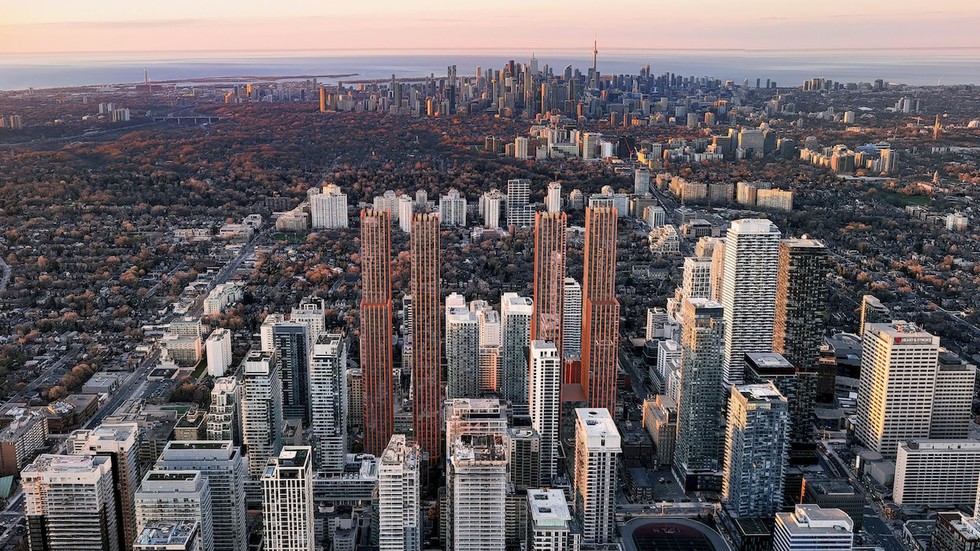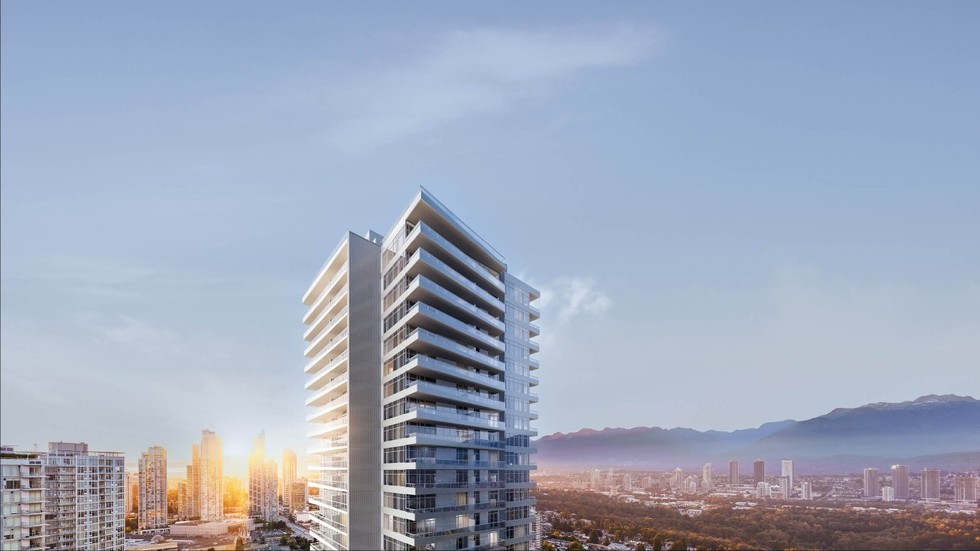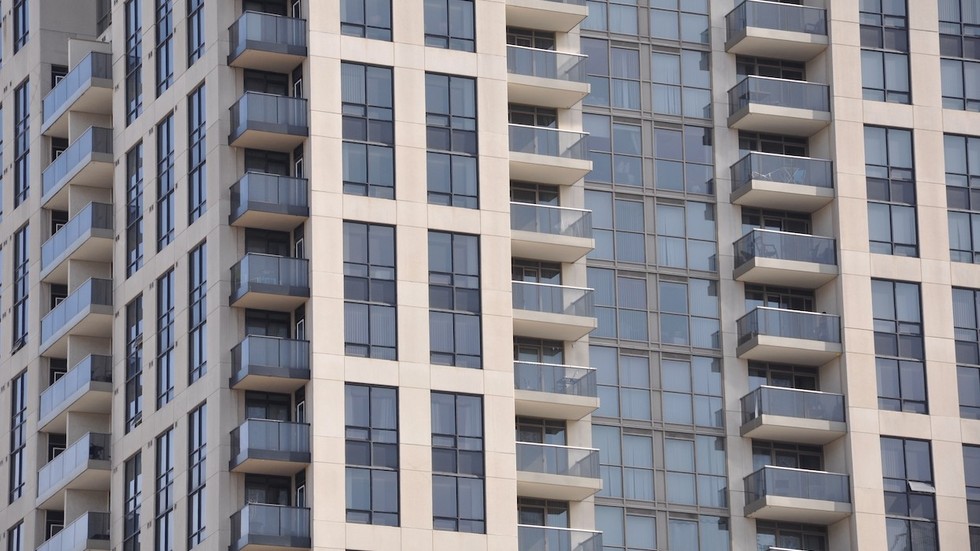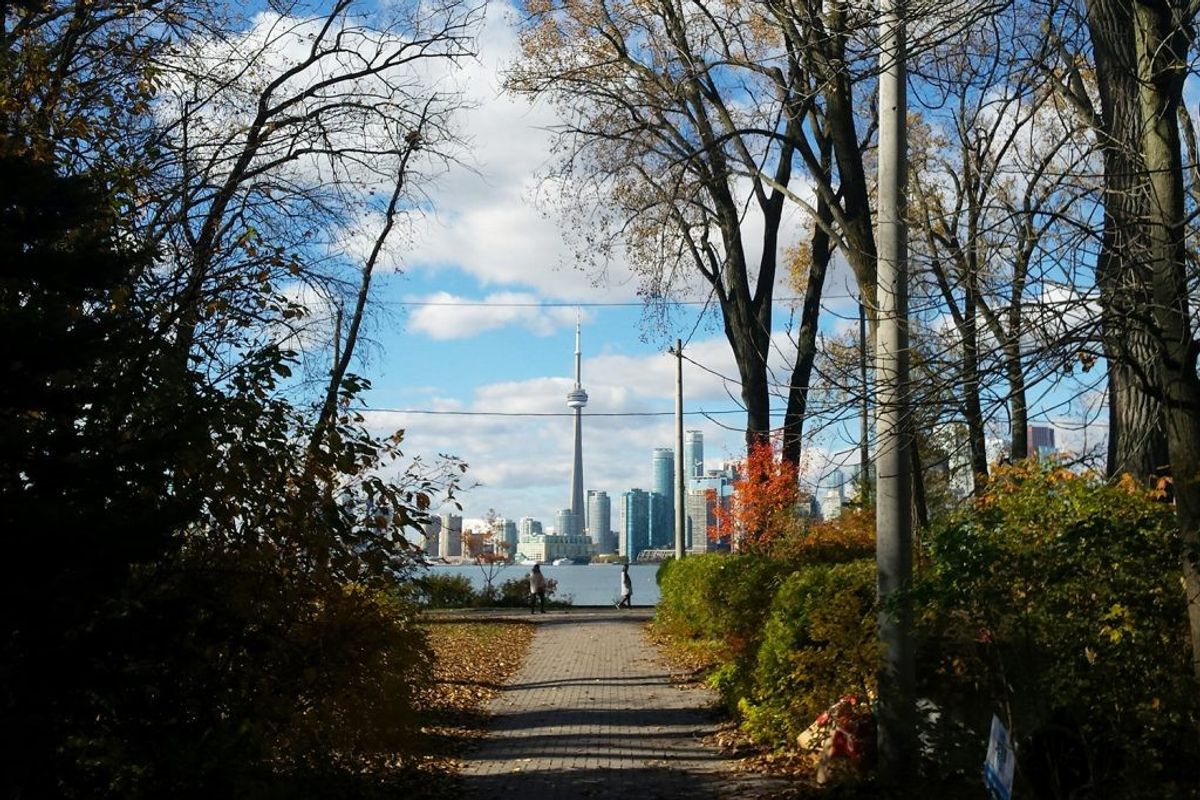Toronto's struggling rental supply could "significantly" improve and reach a "healthy" level if the thousands of non-compliant Airbnb properties were converted into more permanent housing options, according to a new report.
Fairbnb Canada, which advocates for fair rules for short-term rentals, worked with Toronto City Councillor Joe Cressy to release the report, Increasing Toronto's Vacancy Rate One Illegal Airbnb Listing at a Time, on Thursday, stating, "Toronto’s vacancy rate could inch closer to healthy levels if illegal entire home listings were converted to residential long-term rentals."
READ: How Will New Airbnb Rules Impact the Short-Term Rental Market?
It should be noted that, according to its own website, Faribnb "is a coalition effort that brings together groups from the regulated hotel and B&B industry with property owners, property renters and other concerned citizens."
Fairbnb says it conducted an analysis of all Toronto listings on Airbnb in January and found that more than 9,700 of them appeared to be in contravention of new city regulations, which were upheld by a provincial tribunal last fall but are still not being enforced.
The LPAT decided in favour of the city’s short-term rental rules which allow landlords to rent out solely their principal residences for up to 180 nights a year.
The report says the total number of non-compliant Airbnb listings in the city increased in the last year by approximately 17.8%, from 8,241 to 9,708. Additionally, the total number of non-compliant entire home listings or 'ghost hotels' increased by 13.5% from around 6,479 to 7,354 a year later.
Fairbnb speculates that if all of these listings were actually used as residential housing stock, as opposed to 'ghost hotels,' it would bring the city's vacancy numbers back to what the Canada Mortgage and Housing Corporation (CMHC) considers a healthy rate.
Cressy said that if Airbnb was serious about improving housing affordability and community safety in Toronto, the company would de-list these units, which account for nearly 10,000 potential rental listings.
According to the report, 'ghost hotels' in the city continue to be concentrated in the Waterfront neighbourhood, where 34% of all non-compliant entire home listings were found in January 2020, compared to about 30.5% in December 2018.
Moreover, Fairbnb claims 74% of revenues are generated from non-compliant listings citywide and 85.6% in the Waterfront area.
"If Airbnb played by the rules and its hosts were to follow Toronto’s laws, we estimate that more than 7,300 homes could become available for long-term use, nearly 2,500 in the Waterfront area alone," reads the report.
"If even half of these entire home listings were returned to the long-term rental housing market, the city’s vacancy rate would increase from 1.3% to 2%, providing sorely needed relief to home-seekers."
READ: Airbnb to Pilot Age Restrictions on Bookings in Canada
However, Airbnb opposes the findings, and says the numbers could have been a result of data scraping, an automated process by a third party that is "very unreliable," especially in situations where a host is deemed to have “multiple listings” when they are just “sharing two guests rooms in their home and their entire home when they are away."
Airbnb spokesperson Alexandra Dagg said in a statement to Toronto Storeys that, "Fairbnb is yet again manipulating inaccurate data to protect the bottom line of their hotel industry benefactors."
"Fairbnb's report conveniently ignores an important fact: the City of Toronto has not yet implemented its licensing and registration system, and we continue to support the city's efforts to reach the Spring 2020 deadline they have outlined for implementation."
Fairbnb, however, said its findings were based on “the city’s regulatory lens to identify all non-compliant listings by using the most current data available” and only flagged entire home listings rented out for more than 180 days a year; entire home listings rented out by hosts with two or more entire homes for rent; and listings by hosts who rent out more than three private rooms.
